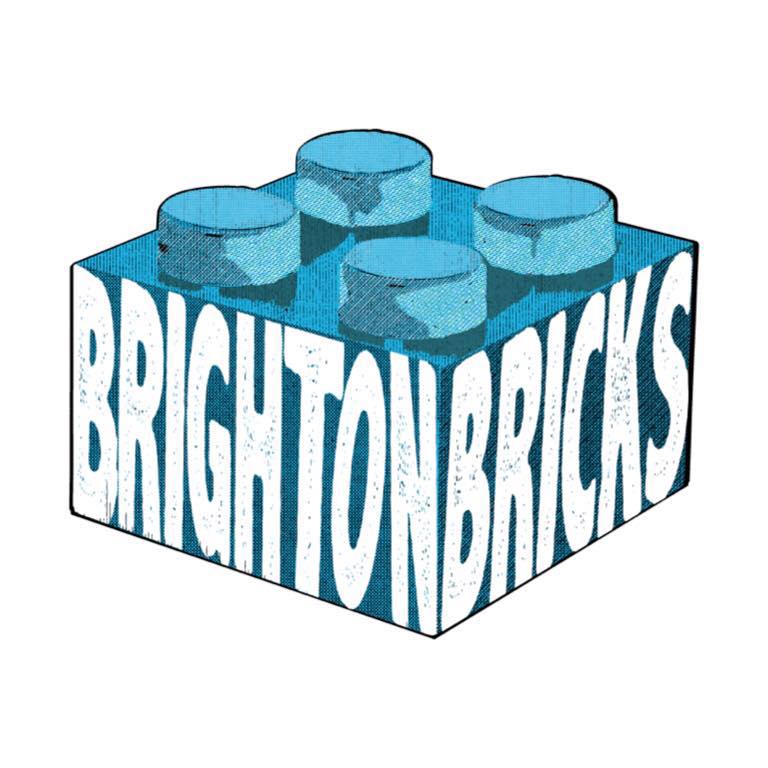Wellbeing Wednesday: Social Anxiety Disorder
What is Social Anxiety Disorder?
A long term and overwhelming fear of social situations. Social anxiety is more than shyness. It is a disorder which can affect your everyday life, your self confidence, your relationships.
Worries about social situations can be common but social anxiety makes people feel overly worried before, during and after social situations.
Some signs you may have social anxiety
You worry about everyday activities, such as meeting strangers, starting conversations, speaking on the phone, working or shopping
You avoid or worry a lot about social activities, such as group conversations, eating with company and parties
You always worry about doing something you think is embarrassing, such as blushing, sweating or appearing incompetent
You find it difficult to do things when others are watching, you may feel like you are being watched or judged all the time
You fear being criticised, avoid eye contact or have low self esteem
You often have symptoms like feeling sick, sweating, trembling or heart palpitations
You have panic attacks where you have an overwhelming sense of fear and anxiety, last only a few minutes.
People with social anxiety disorder may also suffer from depression, generalised anxiety disorder or panic disorder.
What help can you get?
Contacting your GP is a good suggestion, as they can refer you to a mental health specialist to have an assessment and talk about treatments
You can contact a local wellbeing service, an example is The Brighton & Hove Wellbeing Service, a free NHS service for anyone aged 4 years old and upwards, with a postcode beginning BN1, BN2, BN3 or BN41. You are able to self refer yourself via their website. They offer a variety of services from workshops and courses to CBT, online therapy and one to one support.
Some self help suggestions are
Write down what thoughts goes through your mind and how you behave in certain social situations to try and understand more about your anxiety
Relaxation techniques, such as breathing exercises
Break down challenging situations into smaller parts and work on how you can become more relaxed with each part
Try to focus on what people are saying rather than just assuming the worst.
More Information
Social Anxiety on the NHS Website
Anxiety UK - national charity offering help and support.
